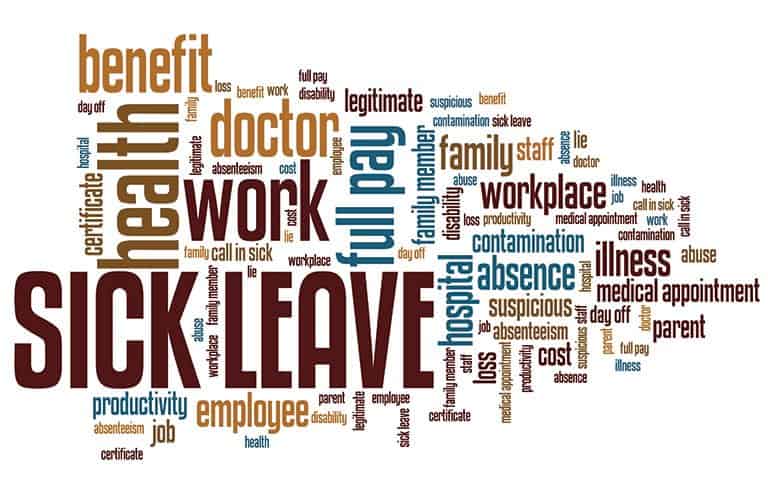
Rund Khayyat is a student at Harvard Law School.
The U.S. Soccer Federation (USSF) faced backlash this week after it argued in a legal filing that members of the men’s national team require a “higher level of skill” and “more responsibility” than their female counterparts. The legal filing was part of a pay-discrimination lawsuit that the U.S. women’s national soccer team brought against the USSF. Since filing the lawsuit in March 2019, the team has gone on to win a second straight World Cup and garner popular support. The team sued under the federal Equal Pay Act, which prohibits paying lower wages on the basis of sex for jobs that require “equal skill, effort, and responsibility.” High-profile sponsors such as Coca-Cola subsequently issued statements condemning the USSF, and players spokeswoman Molly Levinson called the USSF’s legal argument “plain simple sexism.” The backlash forced the USSF president to issue an apology.
The consequences of coronavirus – the easily spread cold-like symptoms, and the recommended 14-day quarantine for those infected – have highlighted the problems with the reluctance of American employers to provide paid sick leave. Numerous outlets and economists have pointed to the resulting disparity in workers who can afford to abide by CDC’s guidance to self-quarantine amid COVID-19, and of the ensuing public health risks. The New York Times Editorial Board Wednesday opined that the public interest demands employers to provide paid sick leave. The U.S. is one of the only developed countries that does not require it, and as of now, only 45% of workers in hotel and food service industries get paid sick days, compared with 97% of workers in the financial industry. Those companies that do offer paid sick leave rarely provide 2 weeks, even though public health officials have urged a 14-day quarantine for those exposed to coronavirus.
The Editorial Board called upon American employers to match the example of Walmart, the nation’s largest private employer, which this week began providing an additional two weeks of paid sick leave for employees who fall ill or are quarantined. Similarly, Colorado just required employers to provide up to four days of paid sick leave to employees who are being tested for coronavirus.
Congressional Democrats introduced emergency measures this week that would provide 14 days of immediately accessible paid sick leave during public health emergencies, as well as enhanced unemployment benefits. Republicans generally oppose a permanent paid sick leave mandate, but President Trump on Monday said he would be meeting with congressional leaders to discuss worker relief.
Local governments have taken measures into their own hands to protect vulnerable workers during the outbreak. For example, San Jose on Tuesday unanimously approved a moratorium on evictions for residents who can’t make rent because of incomes lost in the outbreak. On Wednesday, San Francisco lawmakers introduced a legislative package that provides similar eviction protections, as well as a small business rent stabilization loan and a multilingual workers hotline.
Meanwhile, the coronavirus outbreak has continued to disrupt the lives of workers throughout the country. In the latest news, the Trump administration’s 30 day ban on travelers from 26 European countries has dealt a blow to airline employees. The New York Times on Thursday reported that airlines are conducting layoffs to counter the steep decline in bookings and revenue. The same day, Norwegian Air announced it would temporarily lay off half of its staff. Sara Nelson, the president of the Association of Flight Attendants, a union representing flight attendants across 20 airlines, said the travel ban has completely disrupted the lives of many airline employees, and has generated widespread fear about job losses.
In an ongoing effort for Uber and Lyft to comply with AB5, a California statute that extends employee classification status to gig workers, drivers are now asking a California judge to issue an injunction. The injunction would force the companies to afford their workers employee status and benefits, including paid sick leave given the COVID-19 outbreak. The drivers sought injunctive relief by arguing that Uber and Lyft actions are placing both drivers and the public in immediate danger by requiring drivers with corona-symptoms to choose between unpaid leave or to endanger riders. This development is part of a September 2019 lawsuit brought by drivers against the tech companies.






Daily News & Commentary
Start your day with our roundup of the latest labor developments. See all
April 25
FTC bans noncompete agreements; DOL increases overtime pay eligibility; and Labor Caucus urges JetBlue remain neutral to unionization efforts.
April 24
Workers in Montreal organize the first Amazon warehouse union in Canada and Fordham Graduate Student Workers reach a tentative agreement with the university.
April 23
Supreme Court hears cases about 10(j) injunctions and forced arbitration; workers increasingly strike before earning first union contract
April 22
DOL and EEOC beat the buzzer; Striking journalists get big NLRB news
April 21
Historic unionization at Volkswagen's Chattanooga plant; DOL cracks down on child labor; NY passes tax credit for journalists' salaries.
April 19
Alabama and Louisiana advance anti-worker legislation; Mercedes workers in Alabama set election date; VW Chattanooga election concludes today.